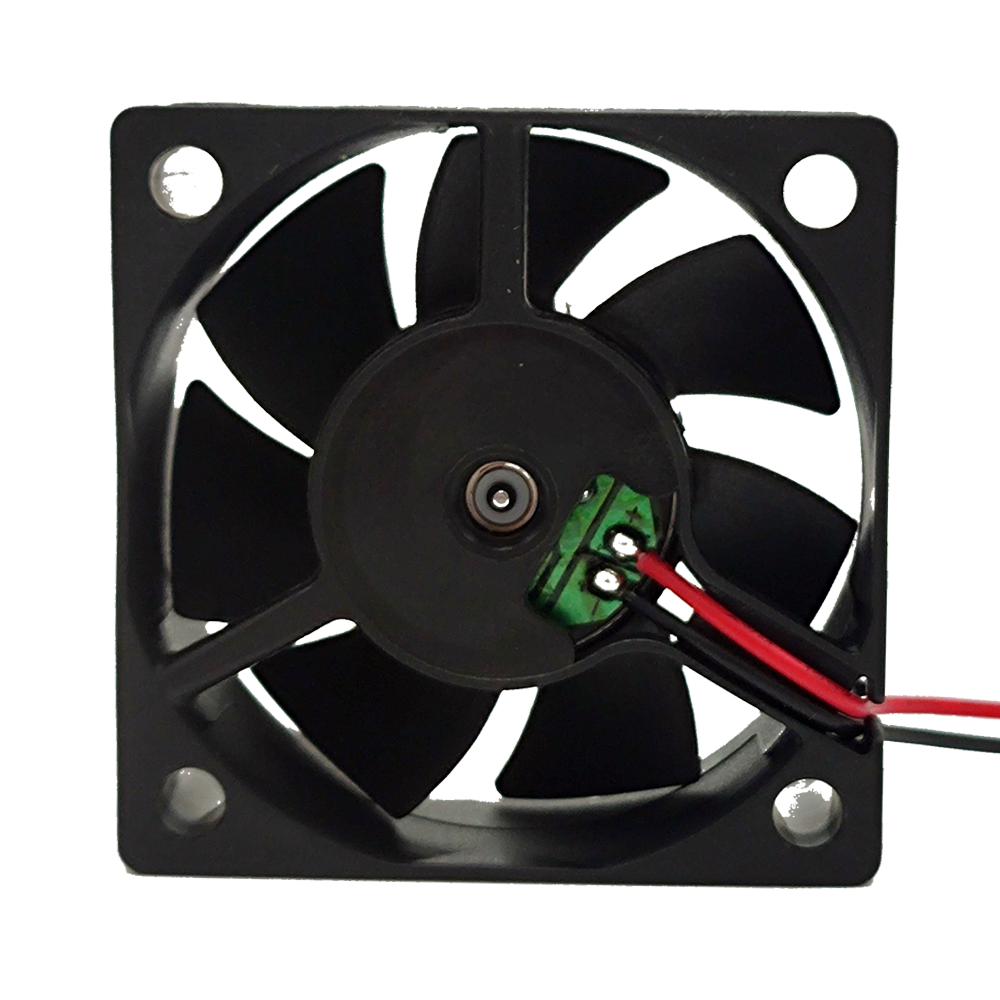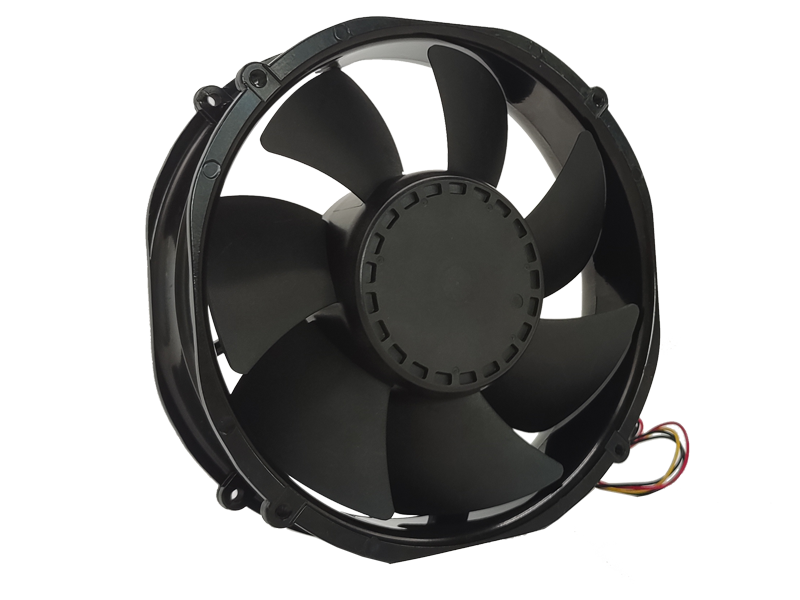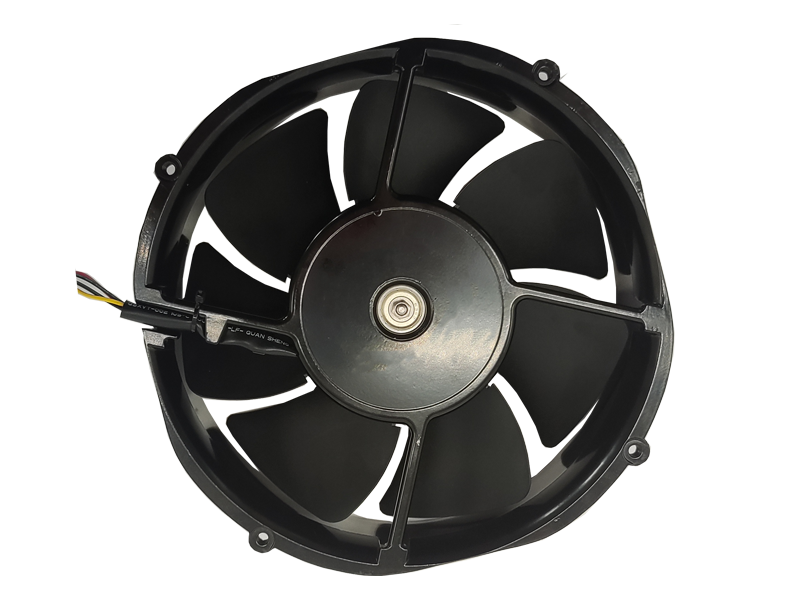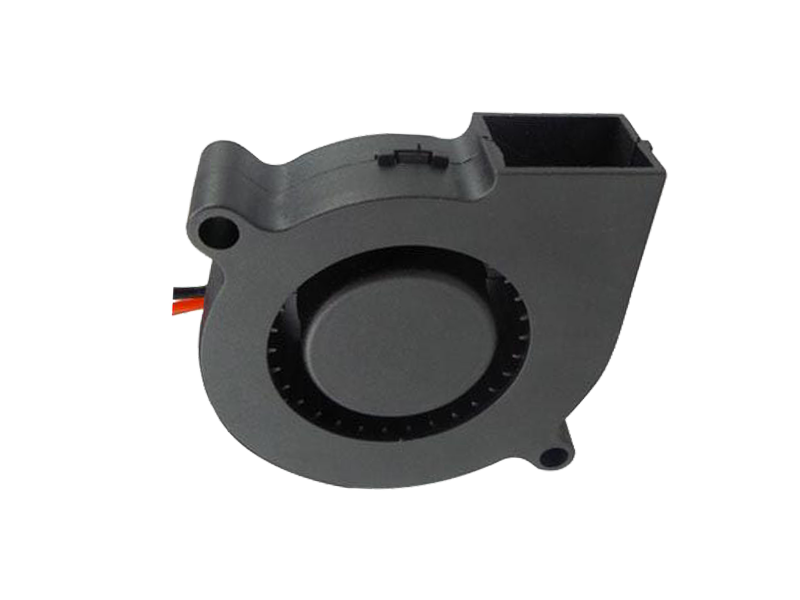Industrial fans have long been essential for maintaining proper ventilation, temperature regulation, and air circulation in large-scale environments. From factories and warehouses to agricultural facilities and food processing plants, industrial fans serve critical roles in ensuring both operational efficiency and worker comfort. With growing concerns about energy efficiency and sustainability, industrial fans have evolved to meet the challenges of modern industries. In this article, we explore the various ways industrial fans contribute to operational efficiency, how they enhance sustainability, and the different factors that should be considered when choosing a fan for industrial use.
The Importance of Industrial Fans in Industrial Operations
In any industrial environment, maintaining optimal airflow and temperature is key to ensuring smooth operations and protecting both machinery and personnel. Industrial fans, whether large or small, ensure the continuous movement of air, which helps to cool down overheated machinery, maintain a comfortable temperature for workers, and remove excess heat, humidity, or dust from the workspace.
Efficient Temperature Control and Cooling
Many industrial processes, such as those in manufacturing, power generation, or chemical processing, generate significant heat, which can impair both machinery performance and worker comfort. By circulating cool air and removing excess heat, industrial fans help maintain a balanced working temperature. They reduce the reliance on air conditioning systems, which are energy-intensive and expensive to operate. Using industrial fans is a more cost-effective and energy-efficient method for regulating temperatures across large spaces.
Air Circulation and Ventilation
In poorly ventilated spaces, the accumulation of heat and humidity can make the environment unhealthy for workers and detrimental to machinery. Industrial fans are designed to increase airflow, ensuring the ventilation of the space and the removal of pollutants, moisture, and toxic gases. This is especially important in industries like food production, where air quality is paramount to maintaining sanitary conditions and preventing contamination. By improving ventilation, industrial fans contribute to both worker health and product safety.
Reducing Equipment Overheating
In high-performance industrial environments, equipment such as motors, HVAC systems, and heavy machinery can overheat if they are not properly ventilated. Industrial fans serve as the frontline defense against overheating, ensuring that these machines stay cool and perform at optimal levels. Overheating can lead to equipment failure, higher repair costs, and downtime, which can impact productivity. By providing consistent airflow, industrial fans ensure the longevity and efficient functioning of critical equipment.
The Role of Industrial Fans in Promoting Sustainability
As industries are becoming more mindful of their environmental impact, industrial fans play a critical role in promoting sustainability in various ways. Not only do they help reduce energy consumption, but they also help to maintain an environmentally friendly working environment.
Energy Efficiency and Cost Savings
Industrial fans have come a long way in terms of energy efficiency. Modern fans are designed to consume less power while providing superior airflow. High-efficiency fans, with features like variable speed drives and energy-saving motors, can operate at optimal performance even during periods of low demand. This helps to reduce electricity usage and operating costs. Over time, investing in energy-efficient industrial fans can result in significant cost savings, making them an important tool for companies looking to meet sustainability goals while also cutting expenses.
Low Carbon Footprint
By reducing the need for energy-hungry cooling systems and improving air circulation, industrial fans help companies lower their overall carbon footprint. The reduced energy demand directly impacts the number of fossil fuels burned for power generation. As industries increasingly aim to reduce greenhouse gas emissions, installing energy-efficient industrial fans can be a simple yet effective way to minimize their environmental impact.
Enhancing Air Quality
Clean air is essential not only for worker health but also for maintaining an environmentally responsible facility. Industrial fans improve air quality by expelling airborne contaminants such as dust, fumes, and smoke from industrial operations. This proactive approach to air purification helps to meet environmental regulations and ensures that the facility remains compliant with air quality standards. Additionally, a cleaner environment reduces the strain on ventilation systems and ensures better overall energy performance.
Selecting the Right Industrial Fan: Key Considerations
Selecting the right industrial fan is crucial for ensuring maximum efficiency and long-term performance. Different types of fans are designed to meet specific needs, so businesses must consider various factors when choosing the most appropriate option for their facility.
Type of Fan
Industrial fans come in several types, each suited for different applications. Axial fans, for example, are commonly used in large, open spaces to move large volumes of air with minimal energy consumption. Centrifugal fans, on the other hand, are ideal for applications that require higher pressures and more focused airflow, such as material handling or dust collection systems. High-volume, low-speed (HVLS) fans are perfect for large spaces like warehouses or sports arenas, providing efficient air circulation over a vast area.
Size and Airflow Requirements
The size of the fan should be selected based on the airflow requirements of the space. The volume of air that needs to be moved, as well as the dimensions of the facility, are crucial factors in determining the correct fan size. A fan that is too small may not provide sufficient airflow, while a fan that is too large may lead to wasted energy and unnecessary operational costs.
Energy Efficiency Features

Businesses should prioritize energy-efficient fans that are equipped with features such as variable-speed controls or energy-saving motors. Variable-speed fans can adjust their power based on real-time airflow needs, offering significant energy savings compared to traditional fixed-speed models. Fans with energy-efficient features not only lower energy consumption but also help companies meet sustainability standards and reduce operating costs.
Noise Levels
Noise is a common concern in industrial environments. Excessive noise can negatively impact worker health, reduce productivity, and even violate workplace safety regulations. When selecting an industrial fan, it's important to choose one that operates quietly while still delivering adequate airflow. Many modern fans are designed with noise-reducing technologies, such as quieter motors and vibration-dampening materials, which can improve the overall working conditions in the facility.
Durability and Maintenance
Industrial environments can be harsh on equipment, so the durability of the fan is an important consideration. Fans should be made of high-quality materials that can withstand exposure to high temperatures, moisture, and other harsh conditions. Regular maintenance is also essential to ensure the fan operates efficiently for years. Choosing fans with easy access to maintenance points and longer service intervals can help reduce downtime and maintenance costs.
Conclusion
Industrial fans are more than just tools for cooling; they are critical components in maintaining energy efficiency, improving air quality, and ensuring the longevity of both equipment and the workforce. Their role in promoting sustainability and reducing operational costs is becoming increasingly significant in industries that are striving to meet energy efficiency goals. By considering key factors such as fan type, size, energy efficiency, and durability, businesses can select the right industrial fan to enhance their operations while contributing to a more sustainable future.
Recommended Products

The main purpose:Car charging station

The main purpose:Car charging station

The main purpose:Electronic refrigerators, water dispensers, direct drinking machines, inverter power supplies
Address:No. 4137, Longgang Avenue (Henggang Section), Henggang Community, Henggang Street, Longgang District, Shenzhen
hotline:13530005572(Chen)15112579390(Li)


Welcome all friends to come for consultation and negotiation.
Copyright 2024 @ Shenzhen Youneng Xinyuan Electronics Co., Ltd.,(industrial fans,industrial blowers,axial fans,cooling fans manufacturer,centrifugal fans,ac cooling fans,dc cooling fans)